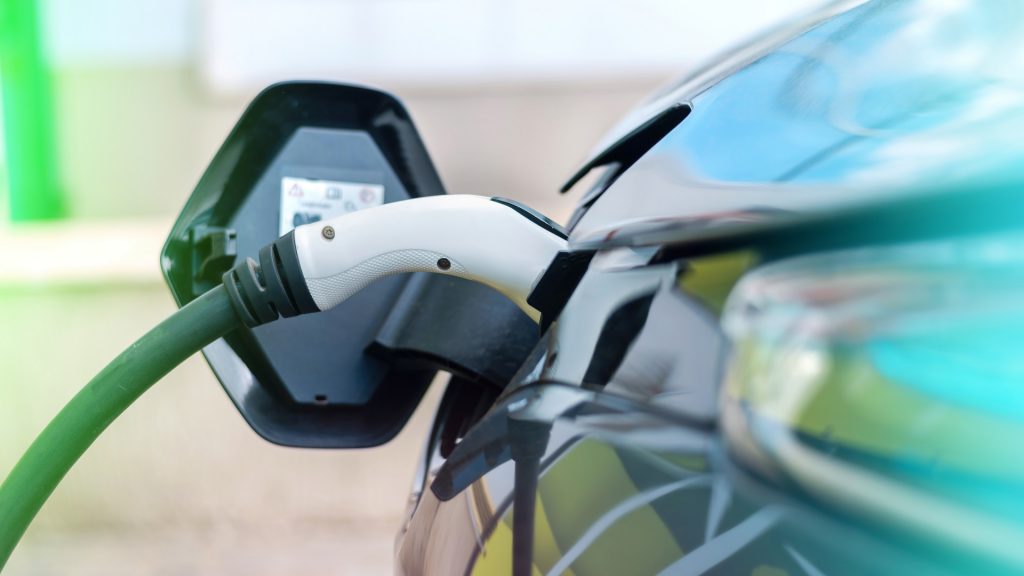Midlands Connect, a sub-national transport body, has introduced an electric vehicle planning tool to pinpoint sites for installing new chargers.
The tool, developed by local authorities across the Midlands, will study lives and behaviours of local residents and analyse data to select areas where public charging points are most needed. The factors examined include how likely local people are to make the switch to an electric vehicle, accessibility to public transport, current electric vehicle uptake, levels of deprivation and the proportion of households with no access to off-road parking.
“This tool will make it easier for councils to identify sites where investment is needed most and will have the biggest positive impact,” said Matt Pain, the tool developer from Midlands Connect. “With this data in hand, I hope that the Midlands’ local authorities can make an even more compelling case to Government for support as we look to speed up the decarbonisation of our transport network.”
According to Midlands Connect, ideal sites will likely be in areas with lower levels of off-road parking, where fewer people can charge electric vehicles at home. The regional transport body is also hoping to install more chargers in areas where patchy public transport limits other sustainable transport options and in areas with higher levels of deprivation – where a lack of commercially-viable sites holds back private sector investment.
“Public chargepoints don’t just belong in the most affluent areas, or those places where electric vehicle take up is already booming, we need to ensure that no part of the Midlands region is left behind, and that councils are able to step in and deliver in communities where the private sector is unlikely to intervene,” Pain added.
Previous analysis by Midlands Connect suggested that the Midlands need 17,461 new public EV chargepoints by 2025 to keep pace with growing demand. By the end of the decade, it is predicted that one in every four cars will be electric. The sale of new petrol and diesel cars will be banned from 2030.
